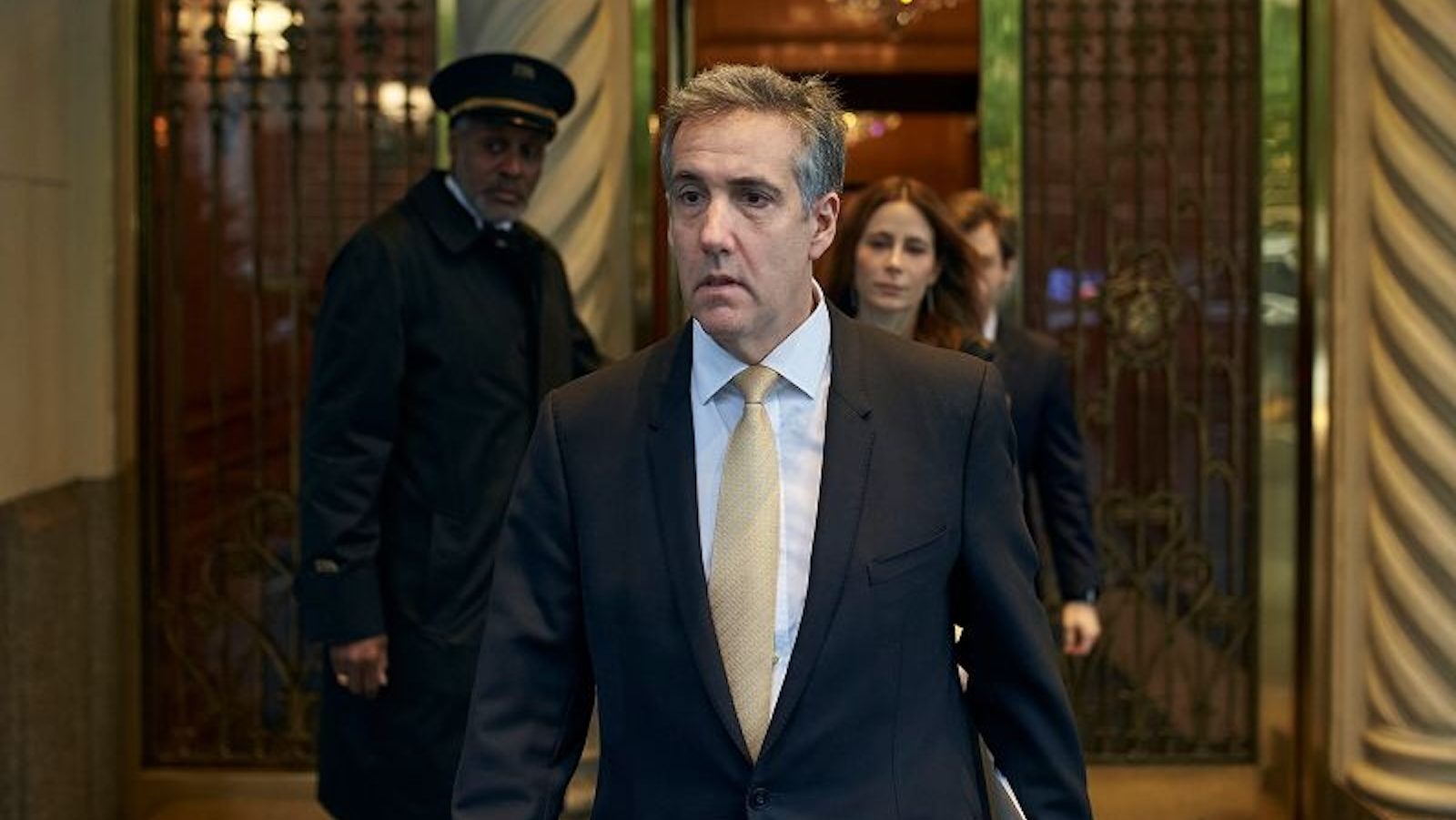#Health #ministers #African #countries #pledge #strengthen #fight #malaria
AA/Tunis/Nadia Chahed
Health ministers from 11 African countries with the highest malaria burden have pledged to accelerate the fight to end deaths from the disease, the World Health Organization (WHO) reported in a statement .
Meeting on Wednesday in Yaoundé, Cameroon, health ministers signed a declaration committing to strengthening leadership and increasing national funding for malaria control programs, continuing to invest in data technology, to apply the latest technical guidance in malaria control and elimination and to strengthen malaria control efforts at the local level, says the WHO.
The ministers also pledged to increase investments in the health sector to strengthen infrastructure, personnel and program implementation, improve multi-sector collaboration and establish partnerships for financing, research and innovation, indicates the same source.
The Yaoundé conference, organized jointly by the World Health Organization (WHO) and the Government of Cameroon, had four main objectives, namely: to examine the progress made and the difficulties encountered in achieving the targets set out in the Strategy World Health Organization on the fight against malaria, exchange on mitigation strategies and financing of the fight against malaria, agree on effective strategies and measures likely to accelerate the reduction of mortality due to malaria in Africa and develop a roadmap for strong political and societal commitment to the fight against malaria, backed by a clear accountability mechanism, notes the WHO.
The African Region has 11 countries that bear approximately 70% of the global malaria burden. These are Burkina Faso, Cameroon, Ghana, Mali, Mozambique, Niger, Nigeria, Uganda, the Democratic Republic of Congo, Sudan and Tanzania, specifies the WHO adding that since 2017 the fight against malaria has stagnated in African countries due to factors such as humanitarian crises, difficulties in accessing health services and the insufficient quality of these services, climate change, gender-related obstacles, biological threats, including insecticide and drug resistance, and global economic crises. Fragile health systems and serious gaps in data and surveillance have compounded the problem.
Funding for the fight against malaria globally is also insufficient. In 2022, a total of 4.1 billion US dollars – or a little more than half of the necessary budget – was available for the malaria response, underlines the WHO.
Only part of the dispatches, which the Anadolu Agency broadcasts to its subscribers via the Internal Broadcasting System (HAS), is broadcast on the AA website, in summary form. Please contact us to subscribe.











